As part of your Honors degree, the expectation is that you will be sharing your work through the University’s open access repository, Scholars Archive. By sharing your work publicly in this way, you will be an active participant in scholarly discourse, serving as a full member of the scholarly community. Your work will be findable and available to read, download, and consult (with proper citation) by a global audience, and you will see how your work is being used by your peers.
As you begin this process, we recommend you consult the Honors College details about completing your Honors thesis.
Please note that we are not lawyers and what follows below is not intended as legal advice. Instead, we want to help you understand issues related to openly sharing your work and provide resources to additional information that may help you navigate your decision making.
As you are finishing your Honors thesis, you will want to consider the downstream life of your work.
Remember that you are the copyright holder to your thesis, and U.S. copyright law grants the copyright owner a bundle of exclusive rights over their creative works for the life of the author +70 years. You retain these rights until you sign them away (e.g., with a publishing agreement). This means that, generally, if someone wants to make use of your work, they will need to seek your permission. When copyright expires, the work enters the public domain, and the rights holder no longer has “all rights reserved.”
As with any of your work, as you're working on your thesis, be thoughtful about how you’re making use of another’s work.
You will want to familiarize yourself with public domain and openly licensed work, as well as fair use. Whatever material you use, you will also want to accurately cite work that you are using in your thesis to build your argument.
You may also want to explore the FAQs and information on copyright found at the Libraries’ copyright guide. And bookmark the "Citing Sources" tab in the TUNI 101 guide or the Libraries’ Citation Help for easy reference.
Remember, the Libraries subject librarians are here to help you navigate your discipline’s norms and offer research advice.
As noted above, an Honors College requirement is that you share your work openly in the University’s open access repository, Scholars Archive. Open access content is digital, online, free of charge, and free of most copyright and licensing restrictions. By sharing your work in this way, your valuable scholarship will be preserved, it will be findable and usable by others, and you will gain recognition for your work.
Additionally, when you deposit your work in Scholars Archive, it will become a permanent contribution to the scholarly record and have the University’s commitment to preserve the work.
In order to share your work in Scholars Archive, you will be granting the University a non-exclusive license to distribute your work on your behalf. A non-exclusive license does not take any of your rights and does not limit your ability to use the work elsewhere. You will simply be granting the University permission to store, share, and preserve your work.
If you have any questions about any of this, then please contact the Libraries’ Scholarly Communication Team at scholcomm@albany.edu.
When you make your work available in Scholars Archive, you have a couple of decisions to make regarding your work.
If you are interested in doing so, you can also select a Creative Commons license of your choice to apply to your work. (You can find a short video introduction to Creative Commons licensing from the Wikimedia Foundation.)
These internationally recognized licenses provide a spectrum of choices from more permissive to more restrictive, which offer content creators an alternative way to grant downstream permission to use their work. You may well be used to seeing these licenses in Wikipedia, Flickr, SoundCloud, YouTube, and elsewhere.
There are several “flavors” of Creative Commons licensing , and if you are interested in exploring this option, you can find a brief visual reference for the licenses or more information at the Creative Commons site.
When you make your work available in Scholars Archive, you have a couple of decisions to make regarding your work.
If you (or your project collaborators) intend to publish your thesis formally, then please contact the Honors College to discuss whether an embargo would be advisable (honors@albany.edu).
With an embargo, your work is still findable in Scholars Archive from the metadata you provide (e.g., title, author, abstract), but the full text will not be available to read until the embargo expires. Embargoes typically last for 6 months, with the option to renew upon approval from the Honors College.
When you make your work available in Scholars Archive, you have a couple of decisions to make regarding your work.
If you intend to continue your academic career, a good way to start actively managing your scholarly identity is to set up an ORCID identifier. ORCID is a nonprofit organization that assigns each researcher a unique persistent identifier. ORCID helps distinguish researchers with similar or identical names, and allows researchers to associate themselves with their work through name or affiliation changes.
ORCID identifiers are free and easy to get from orcid.org. Once you have one, be sure to use it consistently on publications or other research output, websites, and grant applications. This will make it easier for all your work to be associated with you.

